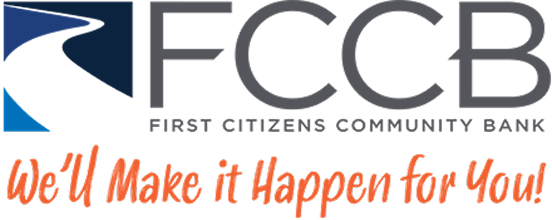Homeowners typically refinance their mortgage to either reduce their monthly payments or to reduce their interest expense. Refinancing to a lower rate or to a longer term will reduce your monthly payment and provide breathing room in your budget. Or, if your current monthly payment fits your budget, refinancing may allow you to reduce the term of the loan and save thousands of dollars in interest.
Many factors go into the decision to approve a mortgage loan and although you currently have a mortgage, things may have changed that would impact the approval process. The price of homes in your neighborhood, the current condition of your home, a job change which may have impacted your monthly income and your other debt are all things that can change over time. Therefore, the refinancing process is very similar to obtaining your first mortgage requiring an updated appraisal, proof of income and verification of your credit score.
{beginAccordion}
Step 1 of 5 – Is refinancing right for me?
Our Refinancing Calculator allows you to determine if now is a good time to refinance and provides the ability to determine your new payment amount and your potential interest saving.
Step 2 of 5 – How much can I afford to borrow?
The following calculation can be used as a guideline to determine how much you can afford to borrow. Your monthly gross income (income before taxes) and your debt load are used to determine how much you can borrow. Your loan payment plus your monthly debt (not including your household expenses such as heat and electric) should not exceed 30% of your monthly gross income.
Step 3 of 5 – Finding the Right Mortgage Product
A wide variety of refinancing options are available. A Home Equity loan may be the right solution provided you have sufficient equity in the home to cover the refinanced amount. Some choices are yours to make; others are based on specific circumstances such as:
- The amount of money you have for a down payment
- The availability of closing costs
- Your credit score
- Length of the loan (term)
- Desire for a fixed or variable rate
- Choice of monthly or bi-weekly payments
Step 4 of 5 – Applying for your Loan
You can apply for your mortgage loan by contacting a lender or you can apply on-line. A lender will contact you if you apply online. You will be asked to provide a list of information to your lender, so they can proceed with your loan review and approval:
Print a loan application checklist.
Locking in the Rate
You may be provided with the opportunity to "lock in" a rate, which ensures you receive the rate that is quoted to you at the time of commitment (which is when you are informed of the approval of your loan). This is often a good option if you feel rates may go up.
Disclosures
Within 3 days of application, you will be provided with several documents:
- Truth In Lending Disclosure – provides information about the proposed loan such as the annual percentage rate, total finance charges, and total payments.
- Good Faith Estimate – Lists your closing cost. This is provided to give you some idea of the approximate costs you will need to pay at closing. Such costs could include interest adjustments, title insurance, recording fees, points, credit report fees, appraisal fees and settlement fees which are paid to the lawyer or firm who manage settlement.
- US Department of Housing and Urban Development (HUD) booklet to assist you in understanding closing costs and the Truth in Lending Disclosure.
Appraisal and Commitment
Your appraisal will be ordered by the bank. The appraisal is an evaluation of the property's value and is completed prior to the final loan approval to ensure the loan amount is consistent with the value of the property. The appraiser visits the house and evaluates the site, structure and physical condition of the property. The final appraisal amount also includes an evaluation of recent selling prices of similar homes in the area (often referred to as "comparables"). The process can take up to two weeks.
An inspection may be required as a result of something found during the appraisal process.
Title Search
The title search is a step to uncover any possible problems with the legal ownership of the property such as a lien or faulty land survey. Arrangements for the title search are made by the bank. A one-time fee is paid at closing.
Approval and Commitment
Upon receipt of a satisfactory appraisal and title search, your lender will contact you with the final approval. A commitment letter will be issued at this time.
Step 5 of 5 – The Closing
The lender will establish the closing date. Before closing you should review all loan documents.
You must pay for the rest of your closing costs and down payment at the closing.
{endAccordion}
All loans are subject to credit approval.


